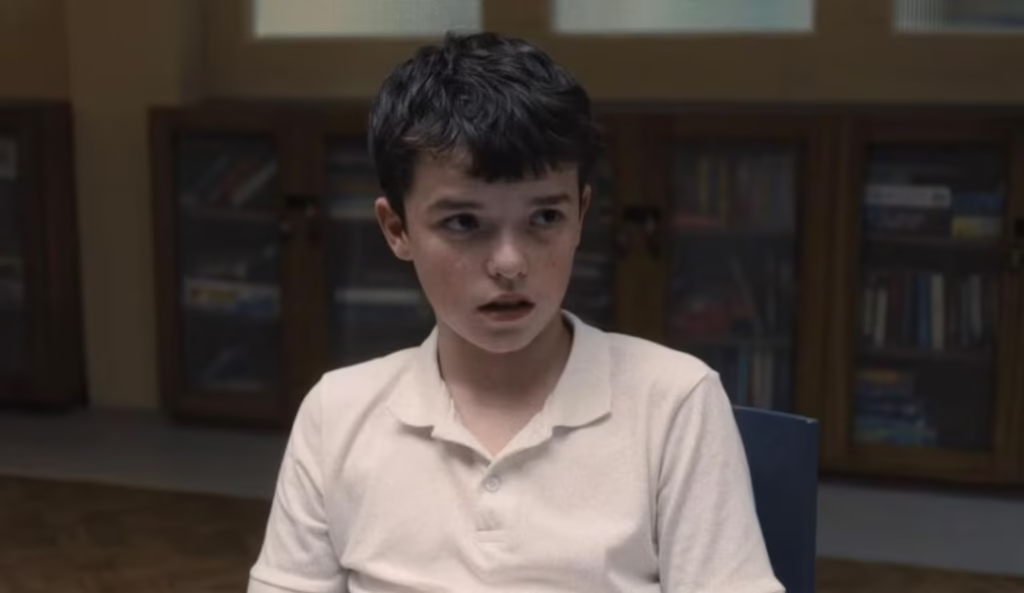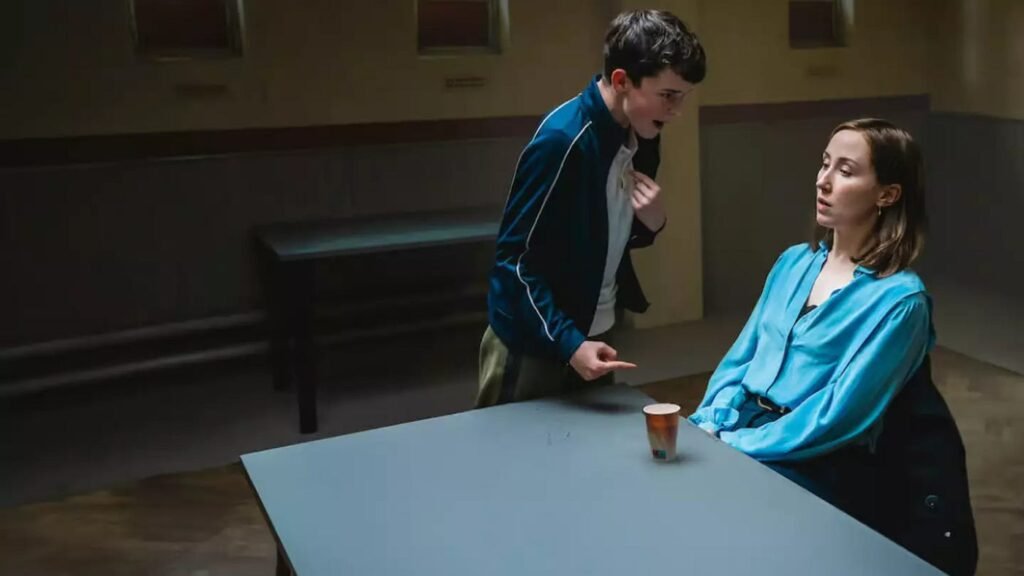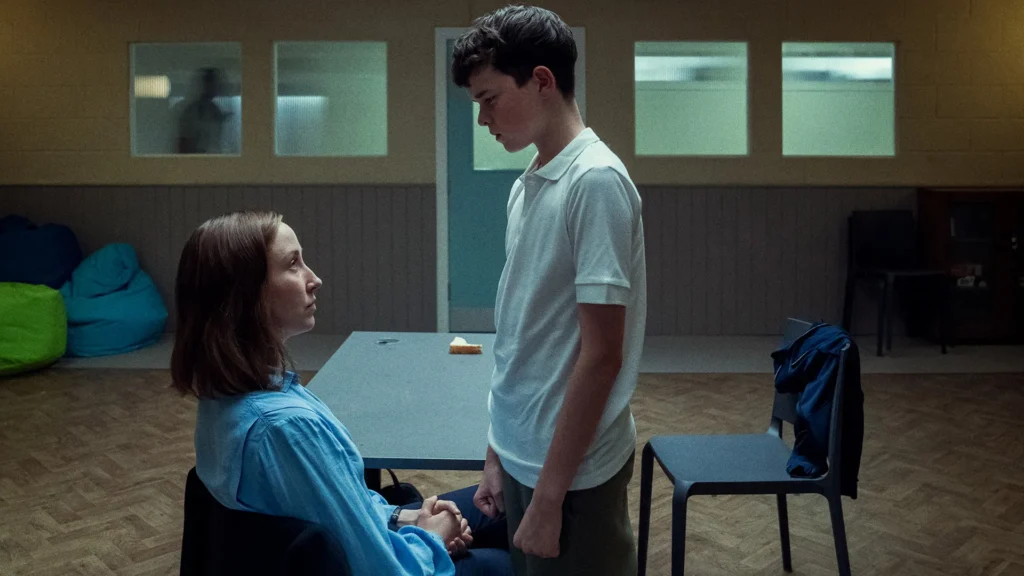Netflix’s hard-hitting drama Adolescence has ignited a national conversation about the dangers facing young boys in the digital age, following its powerful portrayal of a 13-year-old boy accused of stabbing a girl. The fictional series, co-created by writer Jack Thorne and actor Stephen Graham, is drawing praise for confronting complex social issues—from incel culture to online bullying—while sparking discussions in Parliament, schools, and living rooms across the UK.
At the centre of Adolescence is Jamie, a vulnerable teenage boy shaped by multiple forces—his family, school environment, peers, and, most crucially, the internet. Played by newcomer Owen Cooper, Jamie is shown to be heavily influenced by toxic online narratives, particularly those emerging from incel communities, where misogynistic ideologies take root and fester.

“I hope this drama shows that Jamie is not just the product of one issue,” says Thorne. “He’s influenced by a whole number of complicated factors. But the way social media and online forums twist his worldview is incredibly dangerous.”


Thorne conducted extensive research into the online spaces where these toxic beliefs thrive, delving into platforms like 4Chan and Reddit. What alarmed him most wasn’t just the notorious influencers like Andrew Tate, but the more subtle messaging woven into everyday content—gaming blogs, vlogs, and anonymous forums.
“It’s the insidious stuff that really worries me,” he explains. “It’s not just loud voices shouting hate—it’s small, quiet narratives that slowly poison minds.”
The impact of the show has been immediate and widespread. Thorne recounts his son’s headteacher approaching him to say the series had sparked reflection on how schools can better protect and educate children. And he’s received messages from parents thanking him for helping them start difficult but necessary conversations with their own children.
Even Prime Minister Sir Keir Starmer acknowledged watching the show with his teenage children, telling Parliament that violence influenced by online content is “abhorrent” and a cultural issue that must be addressed.
But Thorne believes it’s time for more than conversation. He’s calling for “radical action” from the government, including a smartphone ban in schools and a “digital age of consent” similar to Australia’s new legislation, which prohibits children under 16 from accessing social media. He’s even suggested extending such measures to gaming.
“There’s a crisis happening in our schools,” he warns. “We need urgent government support to stop boys from harming girls and each other. That requires real action—not just talk about better role models.”
Thorne’s call for bold measures follows growing concern among experts and educators about the rise of online extremism targeting young males. Former England football manager Sir Gareth Southgate recently delivered a public warning about “toxic influencers” who distort masculinity and fuel hatred.
Still, not everyone agrees with the idea of a social media ban. When Thorne appeared on Newsnight alongside three young men, their responses were mixed—some saw the benefits, while others worried it would unfairly restrict positive online interactions and access to information.
Thorne, a father to an eight-year-old son, admits he is still grappling with how best to guide his own child through the digital world. “I want to establish a method of communication with him early on,” he says. “But it’s not easy. I’m still processing how to do it.”
Adolescence, shot in an intense, single-take format for each episode, doesn’t offer simple answers—but it does shine a stark light on the realities many young people face. With its combination of powerful storytelling and real-world relevance, the series is more than just a drama—it’s a wake-up call.
And with the national conversation now underway, the challenge remains: how do we respond, and how quickly, before fiction becomes even more of a reflection of reality?
For more updates on this story, follow London Pulse News.


